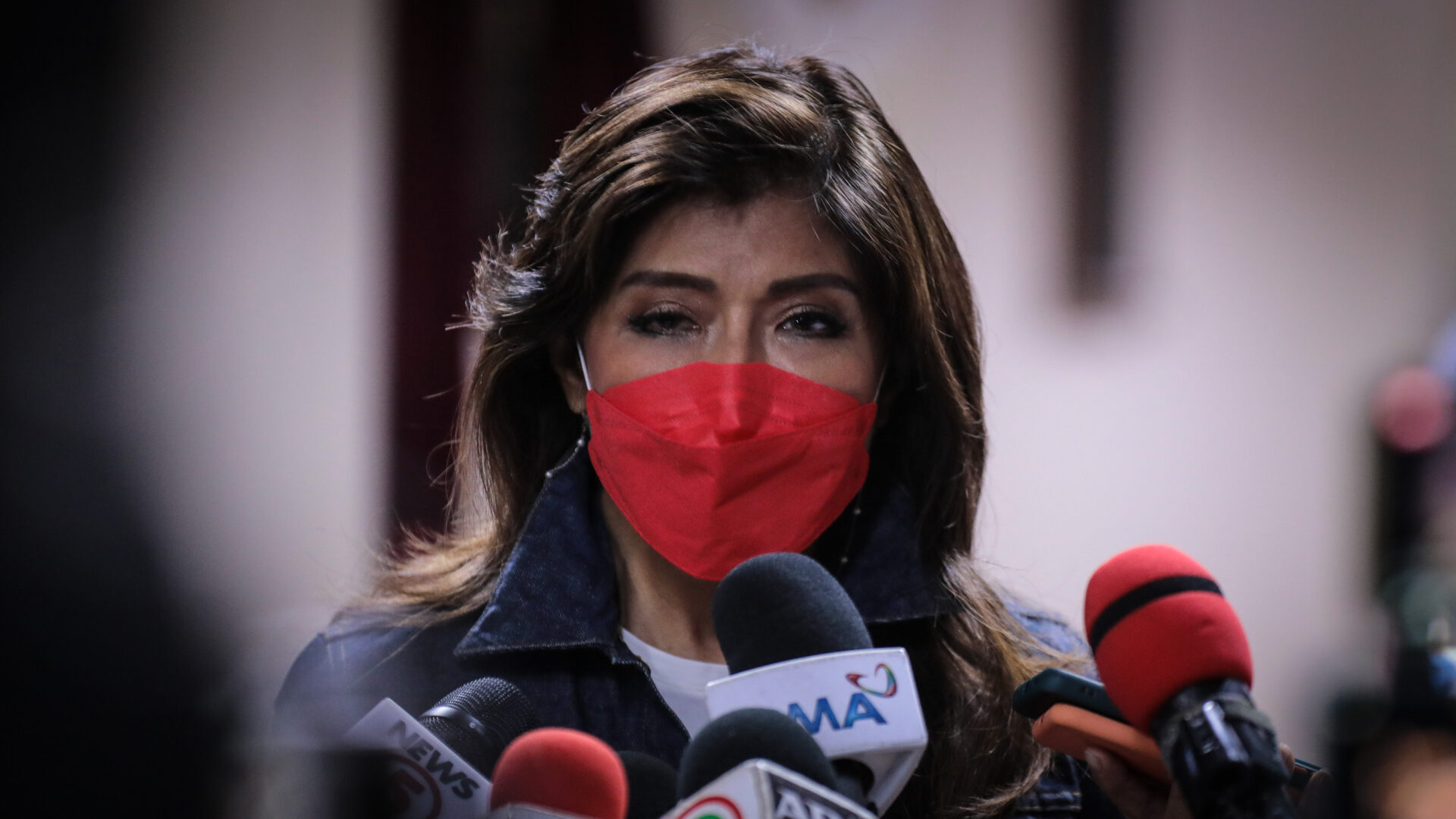Senator Imee Marcos on Thursday called for an immediate reshuffle of officials in the Department of Agriculture following the unauthorized and illegal signing of a document allowing the importation of 300,000 metric tons of sugar without the approval of the President.
The lawmaker stressed that a reshuffle is needed “to dismantle criminal syndicates within the government.”
Marcos also condemned the unauthorized and fraudulent use of the Office of the President to justify the importation of sugar.
“Stop trying to fool my brother,” the senator said.
Press Secretary Trixie Cruz Angeles on Wednesday night denied that President Ferdinand “Bongbong” Marcos Jr. approved the importation of 300,000 metric tons of sugar, which was reflected in Sugar Order No. 4 issued by the Sugar Regulatory Administration (SRA).
The said resolution was uploaded on SRA’s official website on Wednesday morning but was removed hours later when Malacañang announced that the President rejected the plan to import sugar.
Cruz-Angeles said that the signature on the document is not President Marcos’ but instead signed on behalf of the President by Agriculture Undersecretary Leocadio Sebastian.
Cruz-Angeles also said that Sebastian has not been authorized to sign an importation of sugar.
The Palace has launched a probe to determine the officials accountable for the fraudulent signing of importation documents.
‘Investigate Sebastian’
Senator Marcos also urged the government to launch an investigation against Sebastian and other agency officials involved in reversing an import ban on swine-based processed animal proteins (PAP) from Italy and other countries affected by African Swine Fever (ASF).
“Sebastian himself acknowledged the medium risk posed by the importation of PAP, in the August 5 memorandum he signed to lift the ban,” she pointed out, adding that some 1,000 pigs were culled in Rome’s Lazio region last June to prevent the spread of ASF.
She warned that allowing the entry of porcine PAP into the Philippines could cause a resurgence of ASF among local swine raisers still trying to recover from the animal disease.
The local aquaculture industry uses porcine PAP, made from the skin, blood, and bone of pigs, as cheaper feed to fatten fish and bring down market prices, according to the lawmaker.
“Turning a blind eye to the possible re-entry of ASF favors one agricultural sector at the expense of another,” she added.
